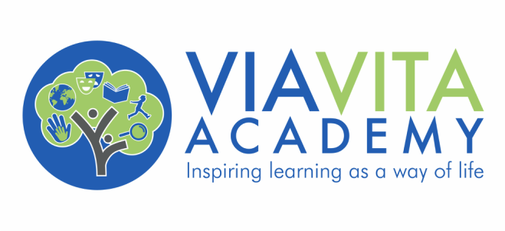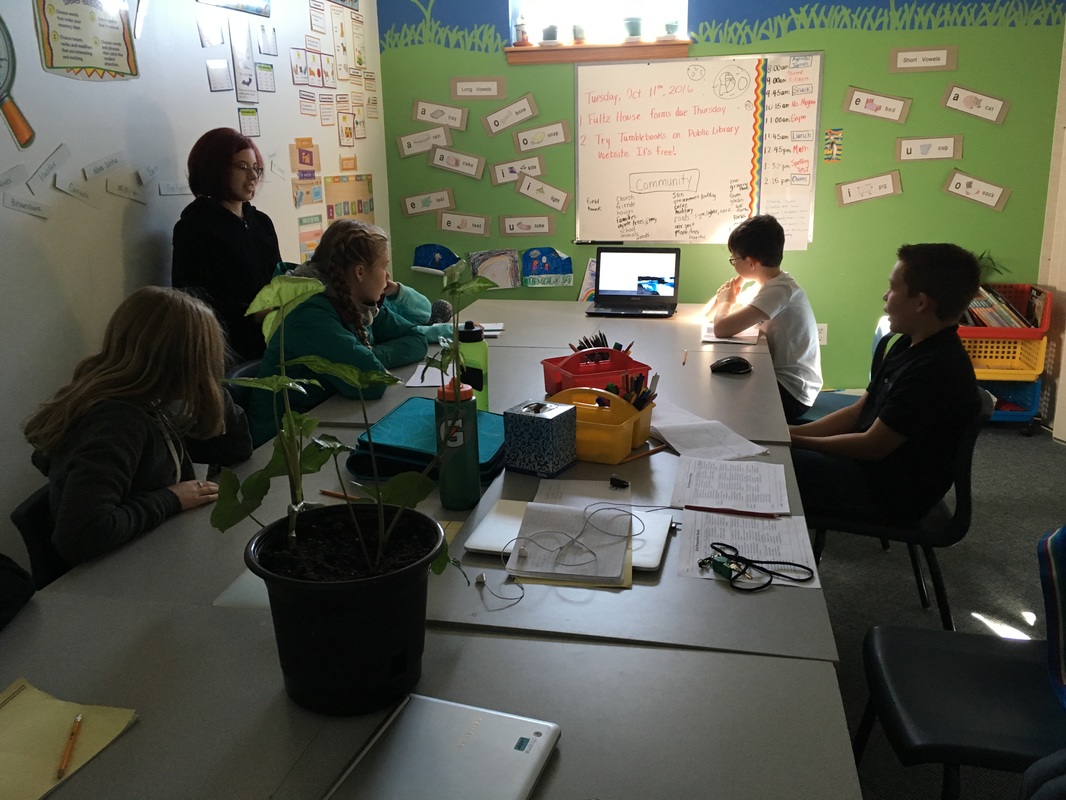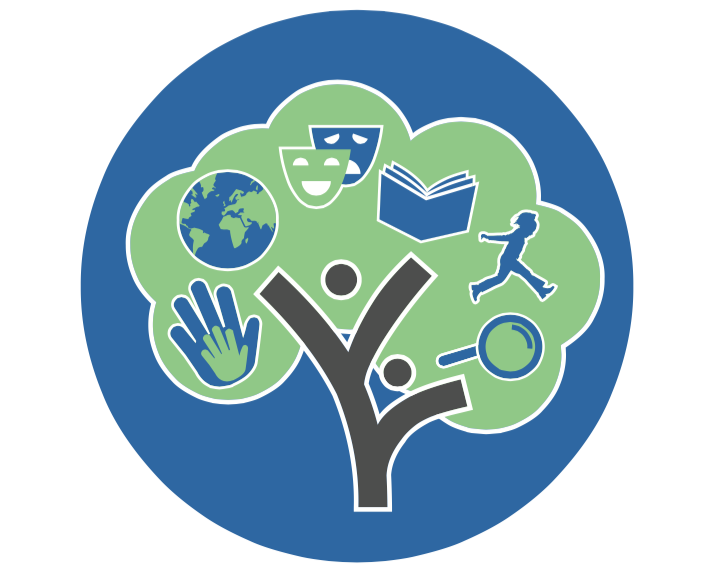|
Inquiry-based learning is unlike how most of us were taught in schools. To be honest, it is unlike how students are taught today in many schools still.
We choose to teach in this way, through inquiry-based learning, because we see our world, our students’ world, as a different, and forever changing world. It is far different than the one we grew up in. Therefore, learning in it should be different - it should look different than how we learned as kids. Today's world is a world of information, both good and bad, truthful and fiction, fact and opinion – all at our fingertips. Copious amount of information, images, text, videos – right there, within seconds. No longer is the teacher the holder of information. And no longer should they really be viewed in this way, but rather as an educator, a facilitator, a supporter of learning. Teachers are not the one with the information, but the one who helps us learn the information. Teachers assist students as they learn to negotiate the vast information out there and to help them learn to make successful decisions. Teachers guide students to learn more on their own, independently, ready for the world out there. For in that world, THIS world, in this very minute, we need to embrace that learning should look different than it used to. Education should be about instilling the confidence to be able to learn anything, do anything, without fear of failure and with motivation to really want to learn. Inquiry-based learning is meant to instill confidence, independence and critical thinking skills. Instead of viewing curriculum with specific outcomes, we view it as a guide of topics, depth, and understanding of information. Students’ curiosities, personalities, and interests are tied into projects and assignments. Information is not given to the student by the teacher and tested on later, but rather the student seeks out information with the support of the teacher to complete a major project or test, and in the process of completing the endeavour, the teacher helps them to synthesize and make sense of the information found, and formulate it into a presentable package. Then, to solidify and bring meaning to their hard work and understanding, they teach the information they’ve learned, and present their projects to others – their classmates, families, friends, schoolmates, with pride of accomplishment. Assessment is ongoing, while they are questioning, researching, discussing, and synthesizing. Evaluation is not simply the end product, but the process of getting there. The process of seeking information, reviewing information, drawing out concepts, stories, and turning them into our own understanding is where the learning starts to take place. It is also where the learning gets tough. Students are expected to not simply fill out short answer questions, match meanings, or follow a guided study. There is no guide. There is no simple instruction. Much like the real world, outside of school, to succeed they are expected to think deeper, to go beyond the surface, draw out information that matters and that makes sense, and apply it to their own understanding. This is not easily done when you’ve never been expected to do it before, to be expected to display this much accountability and responsibility for one's own learning. Older students often meet this type of learning with some resistance initially. The right answer isn’t right there, waiting to be found. It’s up to them to make sense of the information and ask questions, receive support and constructive criticism from their teacher on their own terms. A secure bond between student and teacher is imperative. Trust, support, fairness, and stability are key to building a relationship where the student feels safe to ask questions, ask for help, think deeper, and take risks. Once into their learning, sharing and teaching the information to their peers helps bring meaning and solidifies the strength of their understanding. Observing their ability to teach others builds their confidence; their presentation and critical thinking skills. Not only are they gaining knowledge about the world, but also knowledge about themselves. The first term of the year will always appear different than most would expect a school year to begin, as much of the time is spent building a relationship between students and teachers. It the most important step towards learning in this way. It means the teachers need to know the students – well. The students need to trust their teachers. There needs to be a mutual interest in sharing information, learning, and challenging our thinking. When you truly think about yourself as a learner, it really is how most of us naturally discover things in real life, searching information that matters to us and representing it in a way that makes sense to us or sharing it with others when the moment strikes, asking for help when our searching is proving too difficult to do it alone and we are passionate about the topic enough to keep trying.. Unfortunately, this really is not how most of us experienced learning in school when we were younger. It is often our oldest students who find it challenging to start the year fresh learning in this way. Habits, especially learning habits experienced in an institution where students attend five days a week, 10 months a year, are hard to break. It takes time to have each student learn to ask more questions, to have them learn to take risks by speaking of their understanding, learning from mistakes, and being responsible for their own learning. Accountability is tough guys. It's a tough thing to learn, but oh so valuable. At Via Vita Academy, we coach our students through the entire process of learning. The end result is mutually rewarding. Our students receive a well-rounded education, and we are proud that we've equipped our students with the tools they need to carry our world forward into the future.
0 Comments
Your comment will be posted after it is approved.
Leave a Reply. |
Welcome to Our BlogEach post is written by a supportive member of Via Vita Academy, be it a teacher, parent, student, community member, who is invested in the topic of education. Take a read and comment below! Archives
February 2022
Categories
All
|



 RSS Feed
RSS Feed